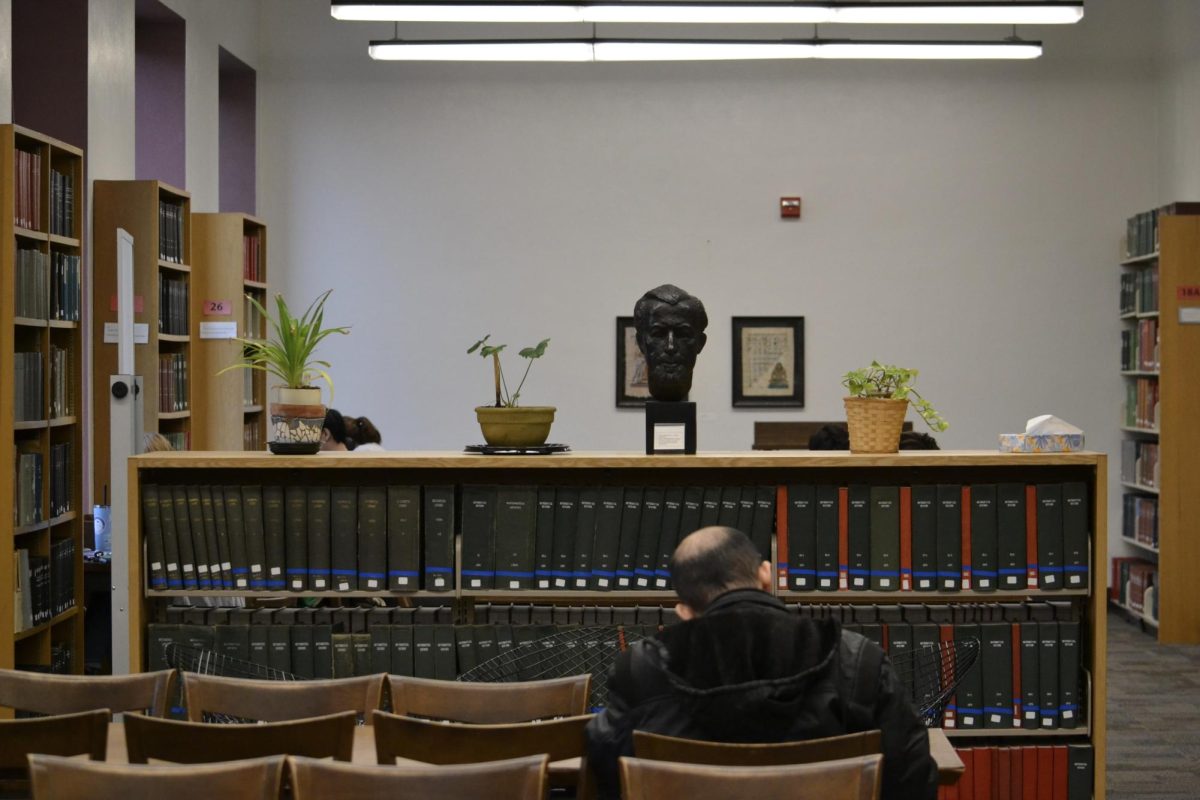While students return to school from a weekend spent binging on turkey and stuffing, one University of Minnesota researcher will continue work that could impact the turkey they consume. Kent Reed, a veterinary and biomedical sciences professor, is working with national and international researchers to develop the first complete turkey genome sequence. The genome research will be used to study, among other issues, turkey toxicology, disease and muscle development and function. Healthier turkeys could be a big boon to the industry, with the 271 million turkeys being raised in 2008 accounting for nearly $4.8 billion dollars in revenue for farmers, according to statistics from the U.S. Census Bureau. A meeting earlier this year initiated the project, Reed said, and it was made possible by significantly reduced costs due to new technologies in genetic sequencing. âÄúThe timing was right to do this,âÄù he said. A basic sequence should be finished and available to other researchers by the end of December, and more information will continually be added. âÄúThe completed genome sequence is probably a couple years down the road, but usable genome information is really just a few months away,âÄù Reed said. Americans eat 46 million turkeys on Thanksgiving Day and another 22 million on Christmas, according to Sherri Rosenblatt, a spokeswoman for the National Turkey Federation. âÄúThey donâÄôt call it Turkey Day for nothing,âÄù she said. âÄúItâÄôs an American institution.âÄù Eric Wong, an animal and poultry sciences professor at Virginia Tech who is working on functional genetics aspects of the project, said that once the genome has been sequenced it will be easy to find genes that control specific traits. Commercial breeders will be able to use the genome to raise healthier, more productive turkeys, Wong said Improvements in turkey production efficiency caused the price of turkeys to drop about 4.5 percent each year between 1949 and 1993, a trend that continues today, according to the Minnesota Turkey Growers Association. Wong spent time at the University of Minnesota in the late 1980âÄôs researching moodiness that can occur when turkeys are nesting. He said new research has shown a genetic basis for this moodiness, and with a complete genome, scientists will be better able to understand the issues. âÄúHaving the genome makes life so much easier,âÄù he said. Wong said chicken, cow and pig genomes have all been sequenced; now is the time for turkeys to get their turn. âÄúIâÄôm glad itâÄôs coming around,âÄù he said. âÄúItâÄôs been a long time coming.âÄù










